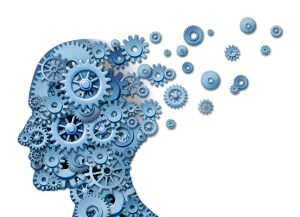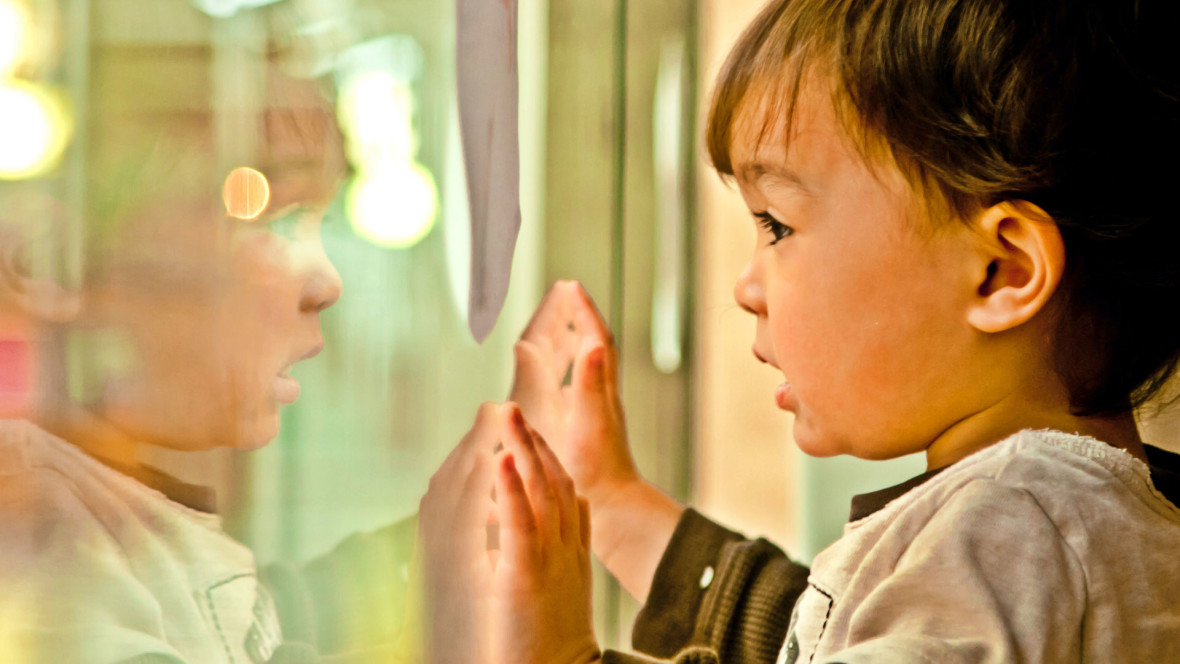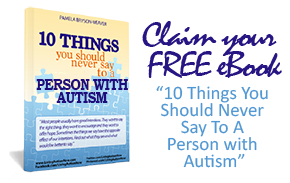
It is my daily ritual to sift through various autism research, news and blogs articles to be posted on my social media accounts and, I couldn’t help but marvel at the degree of enthusiasm the medical community has placed in unraveling the cause, origins and what-have-you of Autism. Some even make “color” classifications due to the enormity of the whole spectrum. With one neuroimaging after another, truly the dissection level of Autism Spectrum Disorders (ASD) comes incomparable.
Causes of autism have piled up over the years. First, there’s the “coldness” of a mother’s heart smothering the baby’s sensory impulses leading him to have autism all his life. Then comes the genetic factor only to be left for further research due to inconclusive evidence. Environmental elements have also been targeted like pollution, insecticides, GMO, and so on. Others focus pregnancy-related issues like C-section, drinking folate, and other observations. Recently, there’s also the issue of circumcision among male kids with autism.
Who doesn’t know the vaccine-autism controversy that will forever hound communities across the globe? It is a never-ending debate causing unnecessary rifts among advocates and communities. Even top personalities join in the fray to stress a point creating a fissure among the pro and anti vaxxers.
Far more than this, researchers from top universities across nations had continuously put their focus on dissecting the human brain to look for that teeny-weeny speck of difference between a child with autism and that of a so-called neurotypical kid. Recently, neural pathways of children with autism are being monitored under a microscope to help find answers on the why’s and why not of autism.
Yes, each day when I sift through these autism research articles I am becoming more discombobulated with the emerging causes being thrown my way. Sometimes, it feels a little bit crazy for me to laugh until my insides hurt so much from frustrations over these studies which, as always, are deemed “inconclusive” and needs further research – and each research pierces my heart particularly when kids with autism are always placed in a microscope only to be compared to neurotypicals.
I have no beef with all these autism research, studies, surveys, and so on. To my understanding, there are parents and families out there who are still groping in the dark for answers and, perhaps, by reading through those explorations and investigations, they will find peace and acceptance in their midst. So, I’m cool with that hence, I will continue to share them on people’s newsfeeds. This is in the hope that somewhere, somehow some families can heave a sigh of relief.

As for me, I have long accepted John as he is. He’ll be turning 18 soon and will technically be an adult. Instead of looking for answers that have eluded me for the last 15 years or so, I am more grounded to the belief that there is a much higher reason on why he has autism. Today, my main concern is ensconced on his future, as an adult – a thriving one at that. With this also comes that fervent hope for more services, workshops, and opportunities to open up for adults on the spectrum noting the fact that we, parents, won’t be around forever.
For now, I will allow myself to be discombobulated with all these autism research clippings. Some days, it just felt so great to have a good laugh until you can’t stop tears from flowing in your eyes.




